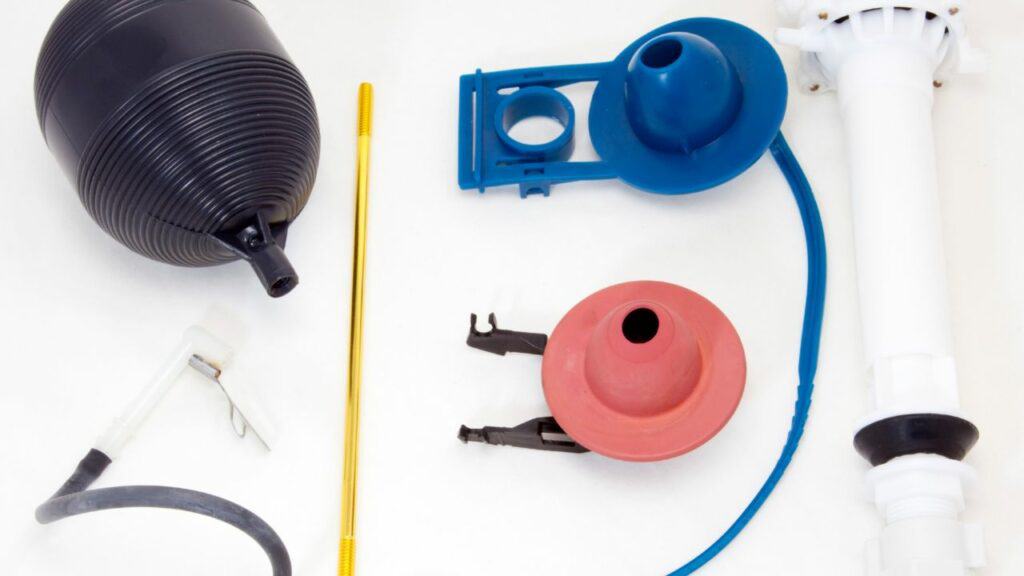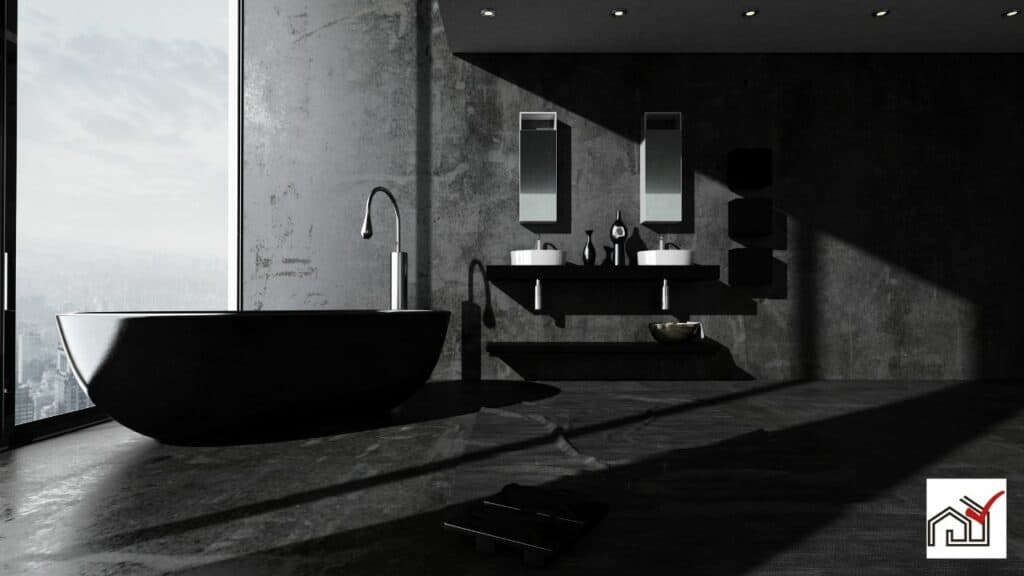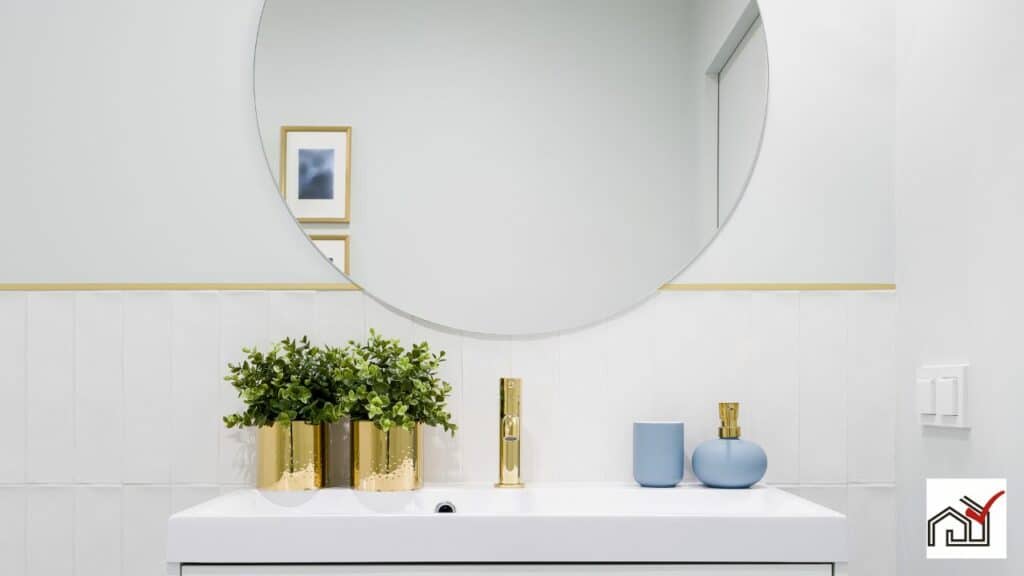Insulating interior shower walls is important for a variety of reasons. Firstly, it helps to maintain temperature within the shower area, ensuring that the water remains warm for longer periods of time. Secondly, insulation helps to prevent moisture buildup on the walls, which can lead to mold growth and damage over time. Additionally, insulating the walls can improve soundproofing, reducing the amount of noise that escapes from the shower area. Finally, insulation can also increase energy efficiency, as it helps to prevent heat loss through the walls.
When choosing insulation materials for shower walls, it is important to select ones that are suitable for bathroom conditions. This means choosing materials that are resistant to moisture and mold growth. Additionally, proper installation of insulation and vapor barriers is essential in order to protect the integrity of the walls and ensure the health and safety of the occupants.
Insulating shower walls offers many benefits for homeowners and builders alike. It helps to maintain temperature, prevent moisture and mold, improve soundproofing, and increase energy efficiency. By carefully selecting suitable insulation materials and ensuring proper installation, the integrity of the walls can be protected and the occupants can enjoy a comfortable and healthy showering experience.
Understanding Wall Insulation
Understanding wall insulation is important for the installation in shower walls. Insulation controls moisture since showers produce a lot of steam and water, which can penetrate walls. Without proper moisture management, mold and mildew can grow, posing health risks and damaging the structure.
Choosing the correct insulation type is key. Foam insulation effectively blocks moisture and helps maintain temperature, preventing heat loss and potentially lowering energy costs. Insulation with a higher R-value is more efficient at insulation.
For shower walls, use insulation suited for humid conditions and pair it with a vapor barrier to improve moisture control. Correct insulation installation contributes to a comfortable, mold-free bathroom and enhances the structure’s longevity and durability.
Benefits of Shower Insulation
Shower wall insulation provides energy savings, moisture control, and noise reduction. These benefits enhance the comfort, efficiency, and longevity of a bathroom.
Insulation in shower walls helps maintain temperature, keeping the bathroom warm in cold weather and cool in hot weather. This reduces the workload on heating and cooling systems, potentially lowering energy costs and benefiting the environment. Fiberglass is a common insulation material that effectively slows heat transfer.
Moisture control is essential in bathrooms due to the high humidity and water exposure. Insulation prevents water vapor from entering wall spaces, reducing the risk of mold and mildew growth, which can harm health and damage the home’s structure.
Additionally, insulation provides noise reduction, creating a quieter bathroom space by dampening sounds from outside or adjacent rooms.
Insulation Material Options
Insulation materials like fiberglass, spray foam, rigid foam, reflective insulation, and insulated panels each have unique advantages for shower wall insulation. It’s important to consider their performance in high humidity and temperature changes typical in bathrooms.
Fiberglass insulation is economical and easy to install but can absorb moisture if not properly sealed. A vapor barrier is necessary to prevent water damage, mold, and rot when using fiberglass near showers.
Spray foam provides comprehensive coverage and an airtight seal, which helps prevent moisture entry and improves energy efficiency. It fills gaps and voids, making it effective against water damage and mold in shower areas.
Rigid foam board offers high thermal resistance and helps maintain stable bathroom temperatures. Its compact structure is less permeable to moisture, reducing mold risks.
Reflective insulation, often paired with other types, reflects heat to help keep the bathroom comfortable and energy-efficient.
Insulated panels are easy to install with pre-sized options that fit wall cavities. They combine insulation with structural support, which streamlines installation near showers.
When choosing insulation for shower walls, consider moisture control, thermal performance, and installation ease to meet the bathroom’s specific requirements.
Moisture and Mold Prevention
Managing moisture effectively is crucial when insulating shower walls inside a bathroom to prevent mold and mildew. Bathrooms, especially behind showers, are high-humidity areas conducive to the growth of these organisms. Insulating bathroom walls acts as a barrier against moisture, helping to stop mold and bacteria from flourishing.
Insulation’s role in bathrooms extends beyond controlling temperature; it is vital for moisture and mold prevention. By limiting wall condensation, insulation keeps the structure dry, deterring mold and mildew conditions. It also helps maintain even temperatures, which further prevents dampness that can lead to mold development.
Poor insulation can lead to more than just surface problems; it can affect the building’s structure and endanger occupants’ health. Proper insulation is, therefore, essential not just for energy conservation but also for health and safety. Insulating sensitive areas, particularly behind showers, guards against moisture and inhibits mold and bacteria growth, resulting in a cleaner, safer bathroom.
Insulation and Energy Efficiency
Insulating interior shower walls improves a home’s energy efficiency by helping maintain a consistent temperature in the bathroom. This reduces the workload on heating and cooling systems, leading to lower energy bills. Insulation acts as a thermal barrier, keeping warm air in during the cold months and blocking outside heat during warmer times. Using materials like spray foam or rigid foam boards is beneficial due to their high R-values and resistance to moisture, which are important for bathroom insulation.
Beyond immediate cost savings, efficient insulation contributes to long-term sustainability by decreasing overall energy use and reducing the home’s carbon footprint. Installing insulation in shower walls is a practical choice that results in financial savings and supports environmental conservation while improving indoor comfort.
Noise Reduction Considerations
Insulating interior shower walls significantly reduces noise transfer to adjacent rooms. Insulation acts as a sound barrier, lessening water noise and echoes, and thus creating a quieter space both inside and outside the bathroom.
Installing insulation in walls around the shower is especially beneficial near bedrooms or living areas to prevent disturbances during early mornings or late nights.
Although acoustic insulation can be more costly than standard options, it often requires less material for noise reduction compared to thermal insulation, which can mitigate the expense.
Installation Tips and Techniques
To properly install insulation in interior shower walls, follow these steps:
- Select insulation suitable for high humidity, such as rigid foam or spray foam, due to their moisture resistance.
- Install a moisture barrier, like plastic sheeting, over the studs to prevent water damage and mold growth.
- Exercise caution when insulating around electrical wiring to avoid damage and maintain fire safety. Cut insulation to fit around wires without packing it too tightly.
- Do not compress the insulation, which lowers its thermal resistance. Insulation should fit snugly between studs without gaps or compression.
- After positioning the insulation, seal all seams and edges with insulation tape to prevent air leaks.
Professional Vs. DIY Insulation
Choosing between professional insulation installation and a DIY approach depends on your skills, budget, and time. Professional insulation ensures effectiveness and durability, potentially influencing the success and cost of the project.
DIY insulation of interior shower walls differs from exterior walls due to moisture and temperature fluctuations. Simple insulation materials like fiberglass or foam pipe insulation are manageable for DIY, but require appropriate tools and safety gear.
Specialized methods like spray foam insulation need professional equipment and know-how for correct application. A professional can apply insulation evenly, avoiding problems such as mold or heat loss.
Carefully evaluate your home improvement skills before deciding. If you lack experience or the insulation requires complex installation, hiring a professional is advisable. A contractor can address your insulation needs efficiently, which may save time and money. Consider the task complexity and your confidence in performing the work when deciding between professional and DIY insulation.




